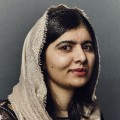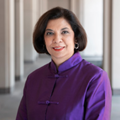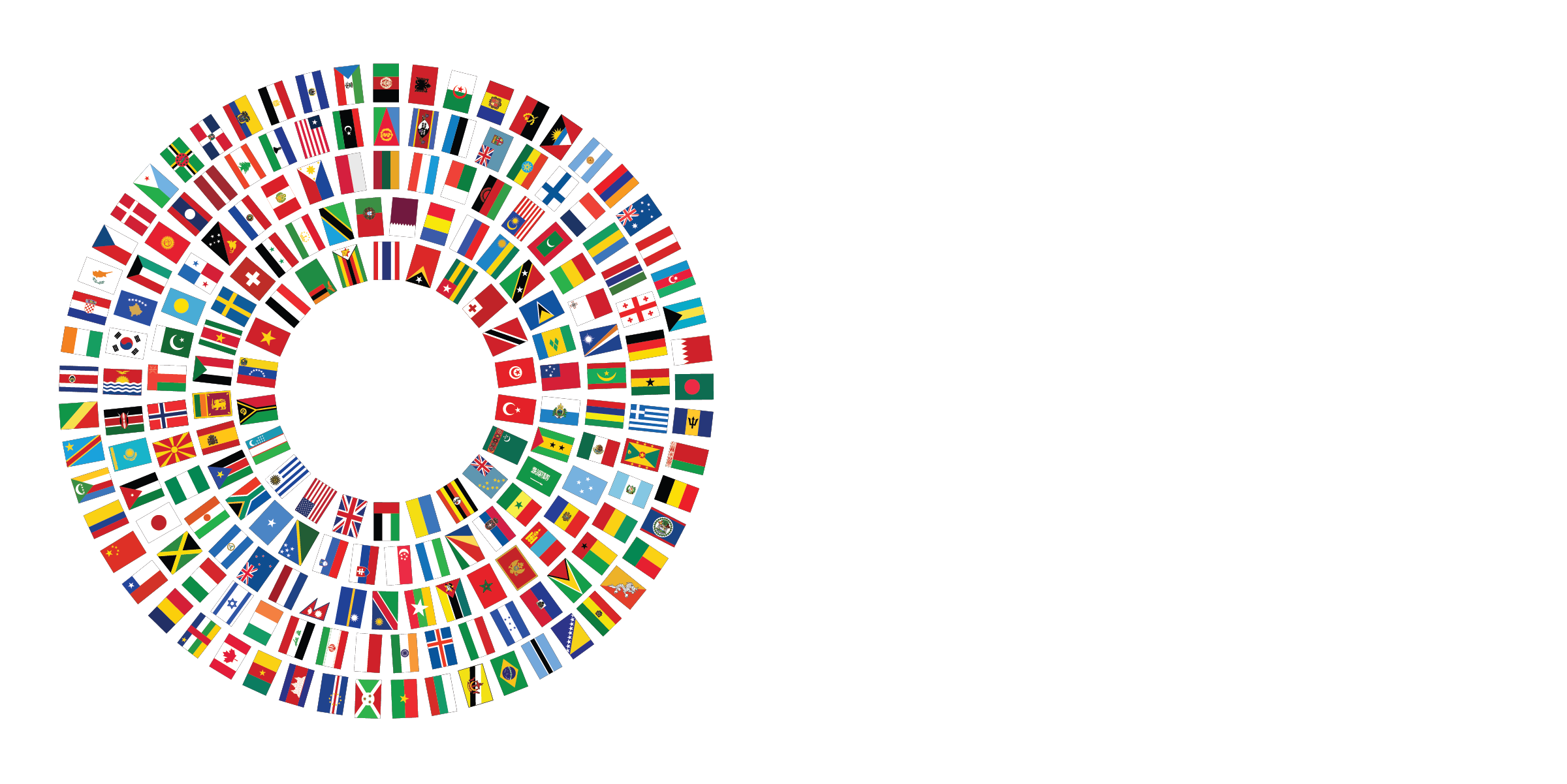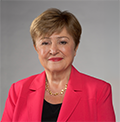IMF Inspired: Breaking Barriers: A Conversation with Malala and Kristalina Georgieva
Overview
Join the conversation via #IMFInspired
IMF Inspired: Breaking Barriers: A Conversation with Malala and Kristalina Georgieva
EVENT SUMMARY
Noting that addressing the current crisis in girls’ education is both a moral and economic imperative, the session described how the pandemic and conflicts have exacerbated existing obstacles to girls’ education. Discussants also showcased how global cooperation and multilateralism could help in breaking these barriers.
Key Points:
- Girls’ education in a state of crisis globally. The impact of the COVID-19 pandemic, conflicts, and climate change has reversed hard-won gains in girls’ education. More than 130 million girls remain out of school globally. To urgently address this crisis, Yousafzai said, the focus should be on reducing the financing gap for girls’ education, especially in low and lower middle-income countries.
- Barriers to education. Several factors including lack of investment in secondary education and 'hidden' educational costs hinder girls' access to education. For millions of refugee children, the crisis has been exacerbated due to lack of access to local schools and incomplete documentation, said Yousafzai. Citing examples from Nigeria, Pakistan and Lebanon, Yousafzai highlighted how technology is helping to overcome some of these barriers. Georgieva underscored the importance of breaking down barriers for economic and financial stability since countries with stronger social fabric, higher rate of education, and inclusive policies fared much better during the pandemic.
- Policy Recommendations and role of IMF. Efforts to educate girls should be accelerated. Georgieva highlighted Fund’s three-pronged approach to meeting these challenges: firstly, through Fund’s research that shows women’s empowerment and girls’ education is imperative for countries aiming higher growth. Second, through Fund’s work with member countries that emphasizes protecting social spending on education and health. Third, through Fund’s ongoing work on gender strategy. To address the current crisis, Yousafzai recommended enhanced financing from developed countries; efficient resource allocation; and debt relief to developing countries to avoid education budget cuts. Yousafzai also called on global leaders to ramp up investments in girls’ education to bring about higher economic growth; improve gender equality; reduce poverty and conflict; and mitigate climate change.
Quotes:
“We recognize that women play a tremendously important role for their families, communities, and countries and what we do for women, is for all of us. It is morally right, but it is also great economics." Kristalina Georgieva
“I want to stress that educating girls—this is not spending—it is an investment in them, and in the future of the countries.” Kristalina Georgieva
“Policies are for people. They are not for the paper, they are not for the books, they are for improving people's lives.” Kristalina Georgieva
“A girl knows her future is safe when she is in school. She knows she can build a future for herself and her community when she gets complete and quality education." Malala Yousafzai
“The presence of women is crucial in positions of power, in positions of responsibility, in positions of movements and activism. We need to see more women's faces, women's voices.” Malala Yousafzai
Panelists


Sabina Bhatia is Director at Corporate Services and Facilities Department of the IMF. Prior to that, she was Deputy Secretary of the IMF. Sabina has a B.A. from Calcutta University and an M.A. in Applied Economics from Johns Hopkins University.



